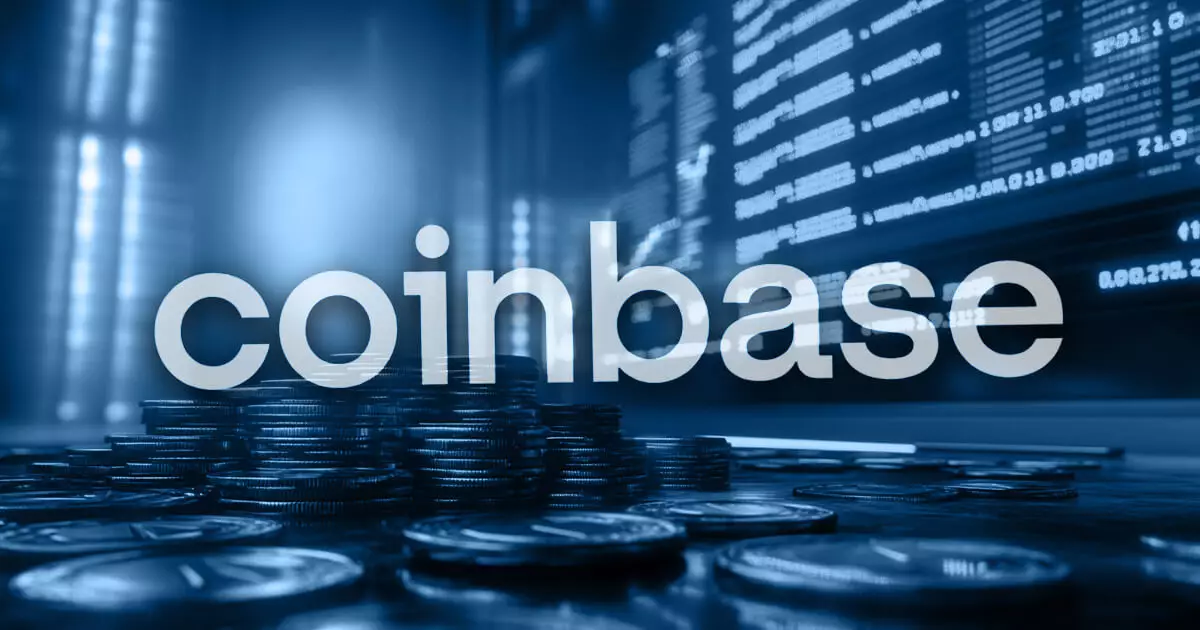The cryptocurrency sphere has long been characterized by volatility and contention, particularly when it comes to the topic of asset listings on major trading platforms. Recent statements from Tron Network founder Justin Sun and Sonic Labs co-founder Andre Cronje have sparked an illuminating debate regarding the transparency and policies of Coinbase, a substantial player in the U.S. cryptocurrency exchange market. Their claims, juxtaposed with responses from various members of the crypto community, unravel layers of complexities surrounding listing fees that potentially affect emerging cryptocurrencies.
On November 4, Justin Sun alleged that Coinbase requested a staggering 500 million TRX—approximately $80 million—for the listing of Tron’s native token on its platform. This dramatic assertion quickly gained traction, especially as Sun contrasted Coinbase’s practices with those of Binance, asserting that the latter charges no fees for asset listings. Furthermore, Sun claimed that Coinbase’s financial requisites extend beyond mere listing fees, highlighting a demand for a $250 million Bitcoin deposit into Coinbase Custody, purportedly aimed at enhancing liquidity.
André Cronje lent his voice to this narrative, suggesting that his interactions with Coinbase corroborated the notion of exorbitant listing costs. He indicated that his team faced requests ranging from $30 million to as high as $300 million, thus reinforcing the idea that Coinbase’s approach is not only unorthodox but also financially burdensome for emerging projects aiming for visibility. Cronje’s commentary was compelling, stating, “Binance charged us $0. Coinbase has asked us for; $300m, $50m, $30m, and more recently $60m.”
Yet, such claims have not gone unchallenged. Coinbase has historically maintained that it does not impose listing fees, an assertion echoed by various crypto community members. This stark divergence between public allegations and documented practices raises questions about accountability and transparency within the sector.
In light of Sun and Cronje’s remarks, members of the crypto community have rallied to Coinbase’s defense. Greg Osuri, founder of Akash Network, publicly stated that his project faced no listing fees from Coinbase. Similarly, Haider Rafique, the Chief Marketing Officer at OKX, affirmed Coinbase’s transparency in listing practices, indicating there are no hidden costs involved in getting listed. These affirmations add a layer of credibility to Coinbase’s standing in the market, painting a picture of a company willing to support projects without imposing significant financial hurdles.
Adding to the discussion, Luke Youngblood, a contributor at Moonwell DeFi, highlighted potential misconceptions surrounding Coinbase’s Earn platform. Youngblood explained that while educational campaigns through this platform might incur marketing costs, they should not be confused with mandatory listing fees. This distinction underscores the need for clarity and a nuanced understanding when discussing the financial obligations tied to listing on exchanges.
The dialogue surrounding listing fees comes against a backdrop of broader concerns regarding crypto market regulations and stability. Simon Dedic, the CEO of Moonrock Capital, alleged that Binance has also sought a significant cut of a project’s total token supply as part of its listing requirements—up to 15% in some cases. This high demand for capital or token share raises critical questions about the sustainability and equity in the crypto market, especially for smaller, emerging projects struggling to gain traction.
In response, Binance co-founder He Yi dismissed these allegations as fear, uncertainty, and doubt (FUD), reaffirming Binance’s stringent listing criteria. Yi articulated that, regardless of these monetary offers, projects must meet essential qualifications to penetrate Binance’s ecosystem. Such statements highlight the inherent complexity of exchange practices in the cryptocurrency world, where financial maneuvers entwine with market regulations.
The evolving saga surrounding cryptocurrency listing fees illustrates an ongoing struggle for clarity, transparency, and fairness within the industry. As prominent figures like Sun and Cronje air their grievances regarding Coinbase’s practices, the response from community members emphasizes a divergent reality where some components of the cryptocurrency ecosystem advocate for inclusive opportunities. As this dialogue continues, it remains imperative for all stakeholders—from developers to investors—to critically engage with these assertions to foster an environment of transparency and equitable practices in the burgeoning world of cryptocurrencies. The unresolved tensions surrounding listing practices underscore the necessity for ongoing scrutiny and discussions aimed at achieving greater harmony and understanding within this dynamic landscape.



















Leave a Reply